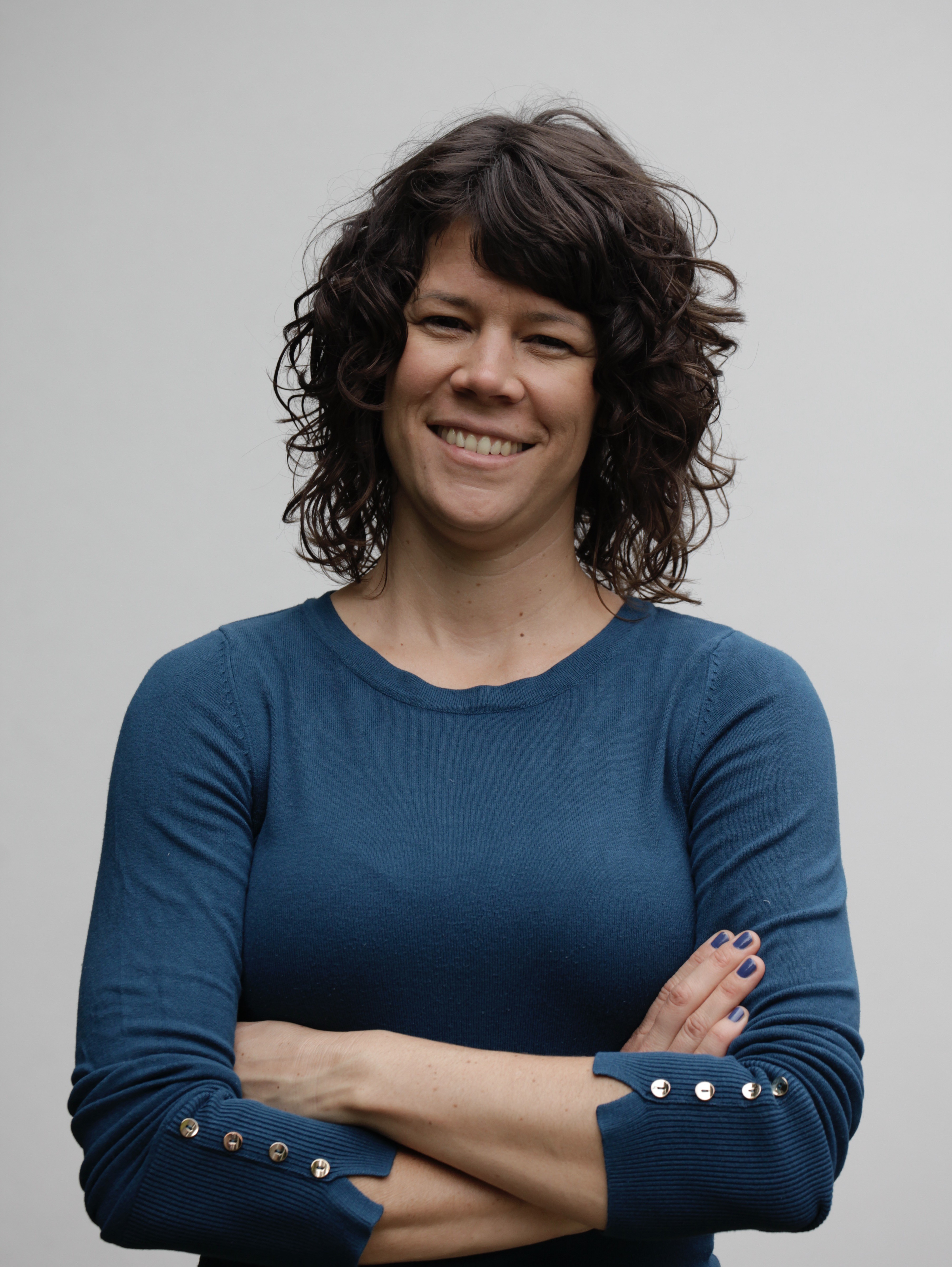Bóna Krisztina

Specializáció: hobbi- és élsportolók
„Egyéni-, egyesületi- és válogatott szinten is a munkámban fontosnak tartom a rendszerszintű megközelítést, abban hisze, hogy egy sportoló vagy csapat felkészüléséhez elengedhetetlen a megfelelően szervezett, támogató háttér, ahol az edzőnek, gyógytornász-fizioterapeutának, sportpszichológusnak, orvosoknak csapatként kell együttműködnie, hogy a rehablitáció és a sportba való visszatérés minél zökkenőmentesebb legyen."
Tanulmányok:
-
2012-2014: University of Jyväskylä (Finnország), Sportpszichológia (Msc)
-
2009-2011: Károli Gáspár Református Egyetem, Pszichológia mesterképzés (Ma)
-
2006-2009: Károli Gáspár Református Egyetem, Pszichológia mesterképzés (Ba)
Munkatapasztalat:
- 2014-től napjainkig egyéni sportpszichológiai tanácsadás (pl. küzdősportok, műugrás, díjugratás, akrobatikus torna, kézilabda, kosárlabda, sportlövészet, szinkronkorcsolya)
-
2014-2016 MTK Ritmikus gimnasztika szakosztály
-
2015-től napjainkig Újpest Futball Club (NB1-es férfi felnőtt csapat, illetve utánpótlás-csapatok)
-
2018-tól napjainkig Osztrák Vitorlásszövetség (2021 Tokió Olimpia)
Szakmai szereplés:
- Megnyitó előadás a Sport és Lélek Egyesület által szervezett I. Magyar Sportpszichológia Konferencián: "Hogyan lesz a fejlődésből eredmény? - A sportpszichológiai felkészülés hierarchikus rendszere" (2022)
- Pályaszocializáció tantárgy a Károli Gáspár Református Egyetemen angol nyelven (2021-2022)
-
Sportpszichológia alapok (pszichológusok, sportolók, edzők részére) a Tanácsadók Iskolájában (2016-2018)
További szakmai megjelenés:
-
Kogler Aladár "A győzelemhez vezető út felszabadítása" c. könyvének magyarra fordítása (2016)
A Károli Gáspár Református Egyetemen végeztem a pszichológia alap- és mesterképzést is. Mivel az életemben gyerkkoromtól kezdve meghatározó volt a sport (versenyszerűen ritmikus gimnasztikáztam, hobbiszinten pedig síelek, snowboardozom, futok és jógázom), ezért természetes módon kapcsolófott össze a két érdeklődési terület, és a sportpszichológia felé specializálódtam. 2012-től 2014-ig Finnországban éltem, itt végeztem a sportpszichológia képzést a University of Jyväskylä-n, így a tanulmányaimmal párhuzamosan a finnek nyugodt, természetközeli, egyszerűségre és törődésre törekvő életszemléetét is elsajátítottam. 2014-től kezdve változatos módokon dolgoztam egyéni- és csapatsportolókkal is, egyesületi szinten az MTK ritmikus gimnasztika szakosztályánál és az Újpest Football Clubnál, egyénileg pedig a kendo-tól a műugráson keresztül a sportlövészetig rengetegféle sportágból fordultak meg nálam hobbi- és élsportolók. 2018-tól at osztrák vitorlásválogatott sportpszichológiai felkészítését végzem, akikkel a 2021-es tokiói olimpián is volt lehetőségem részt venni.
Egyéni-, egyesületi- és válogatott szinten is a munkámban fontosnak tartom a rendszerszintű megközelítést, abban hiszek, hogy egy sportoló vagy csapat felkészüléséhez elengedhetetlen a megfelelően szervezett, támogató háttér, ahol az edzőnek, gyógytornász-fizioterapeutának, sportpszichológusnak, orvosoknak csapatként kell együttműködnie, hogy a rehabilitáció és a sportba való visszatérés minél zökkenőmentesebb legyen.
Élsportolókal való munkámban sokszor tapasztalom, hogy a hosszabb-rövidebb kihagyás után egyes sportolók túlságosan elsietik a visszatérést, mert ég bennük a vágy, hogy újra bizonyíthassanak - a korai visszatéréssel azonban az újrasérülés veszélyét kockáztatják. Mások túlzot óvatossággal térnek vissza, irreálisan szoronganak a sérüt testrész terhelésétől, amivel a sportteljesítmény minőségének romlása következhet be, illetve előfordul hogy a sportoló nem tudja a saját korábbi szintjét megközelíteni. Mindkét esetben sokat segíthet a mögöttes okok feltárása, átbeszélése, a reális célok tudatosítása, illetve a sportoló saját magával kapcsolatos elvárásainak tisztázása. Gyerekekkel, utánpótlás-sportolókkal való munkámban szintén sokszot tapasztalom a túlságosan korai és intenzív terhelés káros hatásait, amely fizikai téren pl. fáradásos törésekhez, gyakori izomsérülésekhez, hosszabb távon akár krónikus problémákhoz is vezethet, amelyek a fejlődésnek is gátat szabnak. Lelki téren pedig mindezeknek gyakori következménye a sport iránti érdeklődés elvesztése, a kiégés, motiválatlanság, valamint a korai lemorzsolódás. Fiatal sportolóknál ezért kiemelten fontosnak tartom az eredmények hajszolása helyett a fejlődésközpontú szemléletmódot, amely a szülők, az edzők és a teljes sportszektor közös felelőssége is egyben.
Miben segíthetek?
A fentiek szellemében tehát szívesen segítek mind hobbi-, mind élsportolóknak, akik a sérülés és rehabilitáció után ismét felszabadultan szeretnének mozogni és képességeiknek megfelelően teljesíteni. Szívesen látom az utánpótlás-sportolók szüleit is, hogy szülői tanácsadás keretein belül átbeszéljük a fiatal sportolók egészség-központú támogatásának optimális módját.
